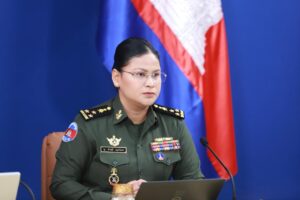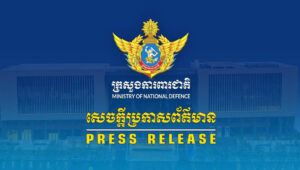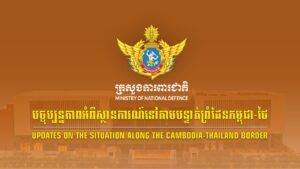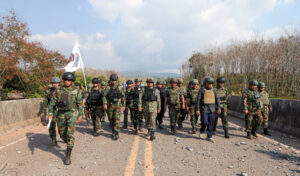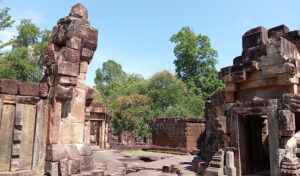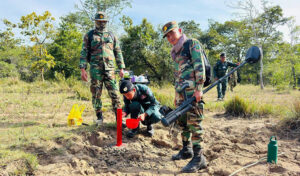Thailand: One Country, Two rules — When the Government Doesn’t Govern
In the heart of Southeast Asia, Thailand presents a paradox that challenges the integrity of democratic governance in the region. On paper, it is a constitutional monarchy led by an elected civilian government. In reality, it is ruled by an entrenched alliance of military commanders, royalist elites, and unelected institutions who routinely override the popular will. The result? A nation operating under two sets of rules: one for the people, another for the powerful.
The Illusion of Civilian Power
Since the 2014 military coup, Thailand’s electoral process has been carefully stage-managed to maintain the veneer of democracy while preserving elite control. Civilian leaders may hold office, but the real levers of power remain in the hands of institutions such as the Constitutional Court, the military, and the Senate—whose members were handpicked by the junta. These bodies frequently act as political gatekeepers, blocking reforms, disqualifying opposition candidates, and even dissolving entire parties that threaten the status quo.
No matter who wins at the ballot box, civilian governments are kept on a tight leash. Decisions on foreign policy, border issues, or domestic security are often preempted or undermined by the military or other unelected entities.
The Deep State: Immune and Unaccountable
Thailand’s “deep state”—an entrenched network of military brass, monarchists, and ultranationalist bureaucrats—operates above the law. This shadowy apparatus manipulates legislation, weaponizes the judiciary, and suppresses dissent to preserve its grip on power.
Border tensions with Cambodia serve as a stark example. Civilian diplomatic channels might seek negotiation and de-escalation, but the Thai military often acts unilaterally—mobilizing troops, provoking incidents, or allowing nationalist media to spread misinformation with impunity. These actions bypass parliamentary oversight and ignore diplomatic norms, raising the question: Who is truly steering Thai foreign policy?
Foreign Policy Without Civilian Control
Thailand’s diplomacy is marked by inconsistency. While the Ministry of Foreign Affairs may project a message of regional cooperation, the military often disrupts this narrative with aggressive posturing. Cambodia, in particular, has experienced this duplicity—being vilified in the Thai press and confronted by military buildups, only to receive contradictory reassurances from civilian officials afterward.
This behavior sends mixed signals to ASEAN neighbors and the international community. It undermines trust and complicates conflict resolution, especially when military actors operate without accountability or coordination with civilian leadership.
The Domestic Cost of Dual Power
Internally, this parallel system stifles democratic aspirations. Youth movements calling for reform, monarchy accountability, and constitutional change have been met with surveillance, arrests, and censorship. Meanwhile, those aligned with the establishment enjoy immunity, wealth, and unchecked influence.
Thailand’s young generation sees through this democratic façade. They are demanding a government that represents the people—not one manipulated by backroom deals and military decrees. But the establishment’s reaction has been repression, not reform.
One Country, Two Realities
A genuine democracy requires that power flow from the people to their government. In Thailand, that flow has been reversed. The state functions under a divided authority where the elected government is often powerless, and unelected forces operate beyond oversight.
Until Thailand addresses this democratic dysfunction—by reforming institutions, ending military interference, and empowering civilian rule—it will remain a nation trapped between what it pretends to be and what it truly is.
By Roth Santepheap, Geopolitical Analyst based in Phnom Penh, Cambodia. The views and opinions expressed are his own.


